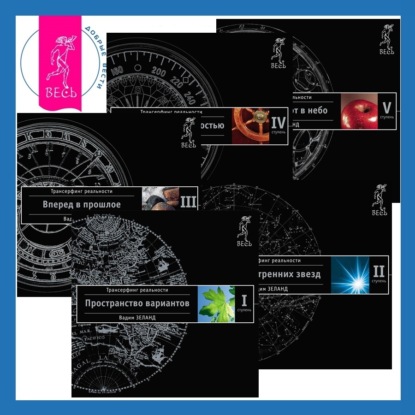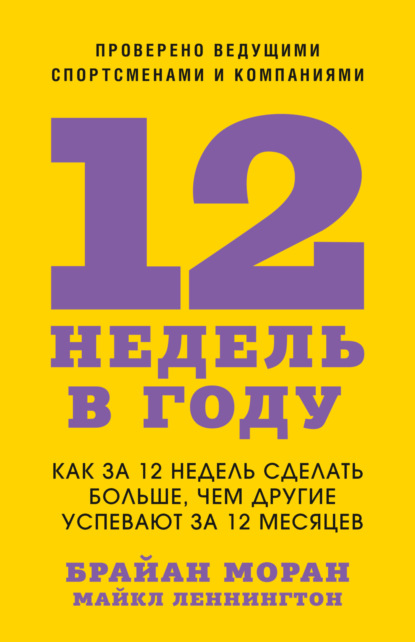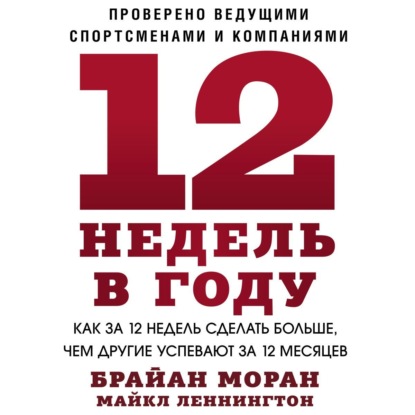Excerpt from Proceedings of the Royal Philosophical Society of Glasgow, Vol. 38: 1906-1907
Kings had themselves not only the wider outlook which travel brings, but in addition they possessed in their own persons that admixture blood which they wished to infuse into their people.
Map of our historians attribute this policy during the reign of Malcolin Ceanmore entirely to the influence exercised by his wife. Queen Margaret is represented as "wedded to a rude husband - no unmeet type of his barbarian realm" - and she is said to have, subdued his wild nature until he became the gentle minister of her wishes, the partner of her never-ending works of charity and mercy - eager to share in her long vigils and frequent prayers - gazing fondly on her books which he could not read, or carrying them away by stealth that he might bring them back to their mistress with new and costly adornments." The "Life of Queen Margaret," doubtfully attributed to Turgot, which is a panegyric, and not to be taken too literally as John of Fordun has done, has helped to accentuate this view. But it puts out of court the King"s own judgment, and makes him a puppet, and a dull one, in the hands of his wife. The facts point in another direction. Malcolm, as is well known, entered into a treaty with William the Conqueror at Abernethy in 1072. Now from the Northamptonshire Geld Roll we find that not later than 1075 the King of Scots held land "in Northampton, a shire," as Mr. Round says, "where his successors were to hold it so largely." Thus he was in his own person as a feudal vassal of the King of England brought into contact with Norman feudal institutions, and into a position to judge, from what he saw, of their value to the Crown as a source of strength both in peace and war. His judgment was favourable as the policy he adopted shows. The King deserves credit for taking the step which initiated the active pursuit of the policy in question, by welcoming the Princess Margaret with her mother, and her brother and sister, to his court, and by proposing for her hand. It is the first step which counts, and this was taken by the King. His was a fierce and relentless nature, with all the fire and fury of his race, when he donned his armour and led his heterogeneous followers into the field of battle.
About the Publisher
Forgotten Books publishes hundreds of thousands of rare and classic books. Find more at www.forgottenbooks.com
This book is a reproduction of an important historical work. Forgotten Books uses state-of-the-art technology to digitally reconstruct the work, preserving the original format whilst repairing imperfections present in the aged copy. In rare cases, an imperfection in the original, such as a blemish or missing page, may be replicated in our edition. We do, however, repair the vast majority of imperfections successfully; any imperfections that remain are intentionally left to preserve the state of such historical works. Это и многое другое вы найдете в книге Proceedings of the Royal Philosophical Society of Glasgow, Vol. 38















